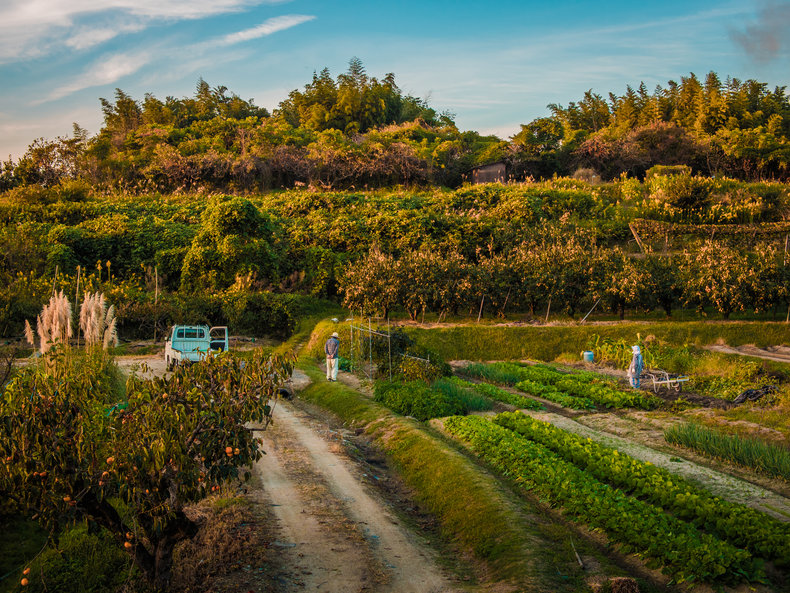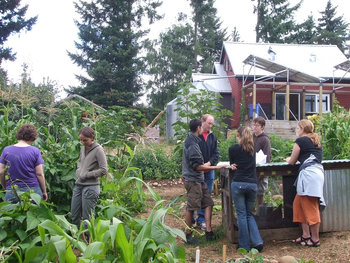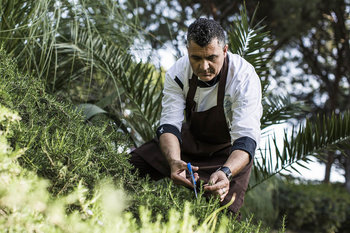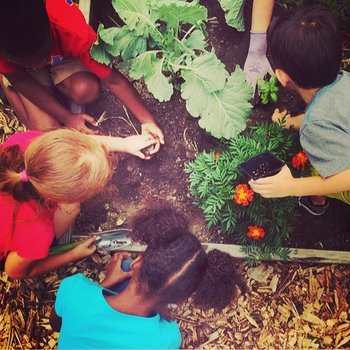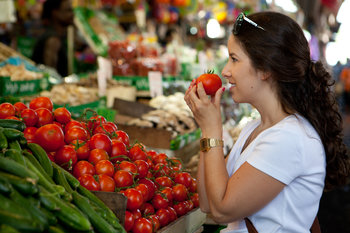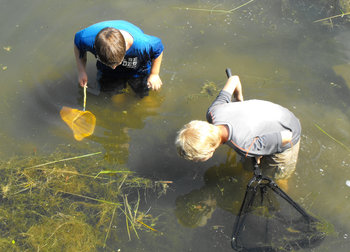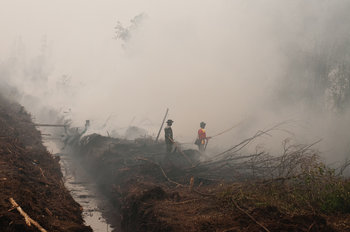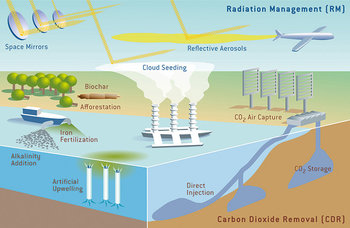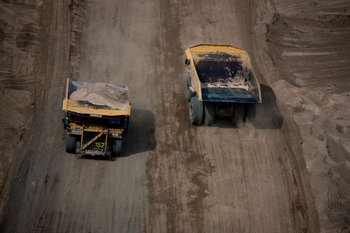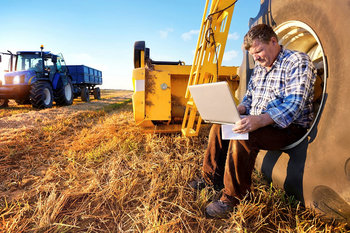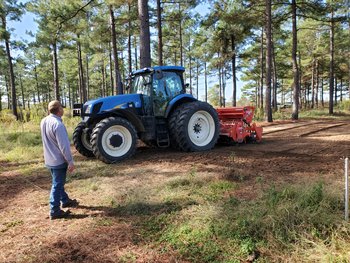Farming 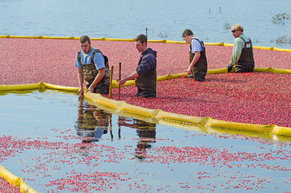 Related Guides
Organic Farming
| |
Do nothing farming is a sustainable approach to farming that eliminates tillage, fertilizer, pesticides, herbicides, weeding and pruning from the farming process. It is focused on designing a farm to be complete ecosystem that is self-supporting. This is an ongoing practice that may include small test plots to see what works and adapting to weather and conditions.
The idea of do nothing farming is attributed to Japanese farmer Masanobu Fukuoka who published a book entitled The One-Straw Revolution in 1975. The book advocates a closed system of farming that demands no human-supplied inputs and mimics nature. For example, he viewed a large number of spiders as a sign that his farm was healthy. Masanobu Fukuoka's small family citrus farm in Ehime prefecture of Japan produced as much as 90 tonnes of fruit each year by the early 1980s. The farm also produced shiitake mushrooms, ginkgo and avocados all with a do-nothing philosophy that included no chemicals, no organic pesticides or herbicides, no tillage, no pruning, no weeding and no composting. Farms in Japan are typically small, high yield, labor and chemical intensive.
|
Type | | Definition | Farming that uses a self-supporting ecosystem to eliminate the need for human interventions such as tillage, fertilizer, pesticides, herbicides, weeding and pruning. | Related Concepts | |
Farming
This is the complete list of articles we have written about farming.
If you enjoyed this page, please consider bookmarking Simplicable.
© 2010-2023 Simplicable. All Rights Reserved. Reproduction of materials found on this site, in any form, without explicit permission is prohibited.
View credits & copyrights or citation information for this page.
|
